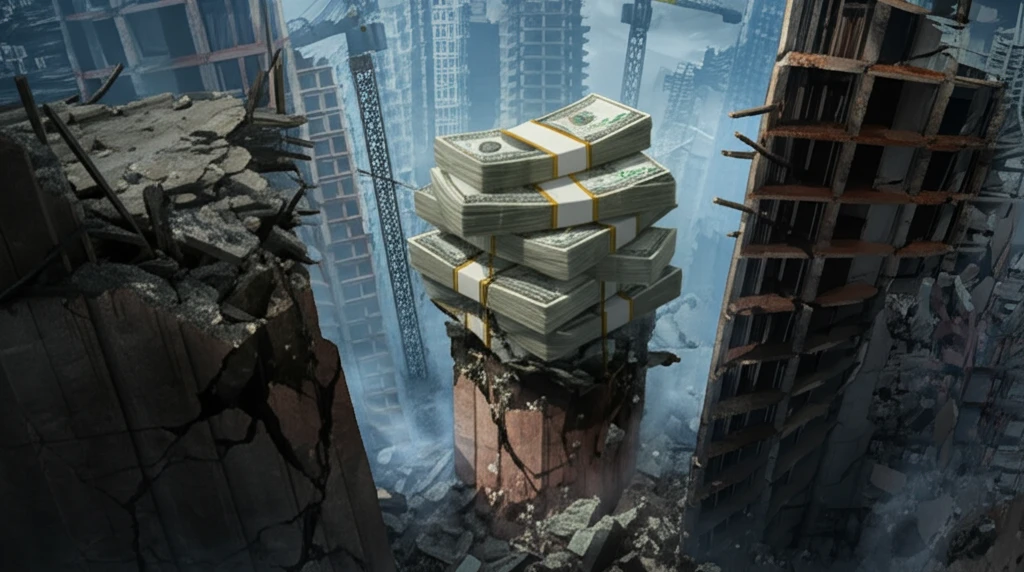
Unmasking Corruption: How it Hurts Construction and What We Can Do
"A deep dive into corrupt practices in the Ghanaian construction sector and actionable strategies to combat them for a better future."
Corruption is a global menace, particularly devastating in the construction industry. It's more than just backroom deals; it's a major impediment to economic progress, fostering inequality, and diminishing the quality of infrastructure projects. When corruption takes hold, resources are siphoned away, standards are compromised, and the public suffers the consequences.
In developing nations, the construction sector is a critical engine for growth, providing essential infrastructure and driving economic activity. However, it's also a sector acutely vulnerable to corruption. From inflated contracts to substandard materials, corrupt practices undermine the very foundations upon which these nations are trying to build a better future for their citizens.
This article will examine the state of corruption within the construction industry, drawing on insights from a study conducted in Ghana. By understanding the forms and drivers of corruption, we can start a meaningful conversation about how to address this problem and promote transparency, accountability, and ethical conduct in construction.
What Does Corruption in Construction Actually Look Like?

Corruption isn't just a single act; it's a web of unethical behaviors that can manifest at every stage of a construction project. Research highlights several common forms of corruption, each with its own damaging consequences:
- Inflated Costs: Kickbacks and bribes add unnecessary expenses to projects, diverting funds from essential resources.
- Compromised Quality: When contractors cut corners to maximize profits, the quality of construction suffers, leading to unsafe buildings and infrastructure.
- Stifled Competition: Corrupt practices create an uneven playing field, preventing honest companies from competing for projects.
- Erosion of Public Trust: When citizens see corruption rampant in construction, they lose faith in their government and institutions.
- Hindered Development: Corruption diverts resources from crucial development projects, slowing economic growth and perpetuating poverty.
Building a Future Free from Corruption
Addressing corruption in construction requires a multi-pronged approach, combining robust regulations, ethical leadership, and a commitment to transparency and accountability. By working together, governments, industry professionals, and citizens can create a construction sector that delivers quality infrastructure, promotes economic development, and builds a better future for all.
